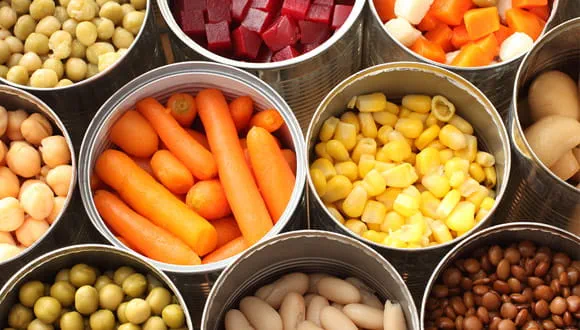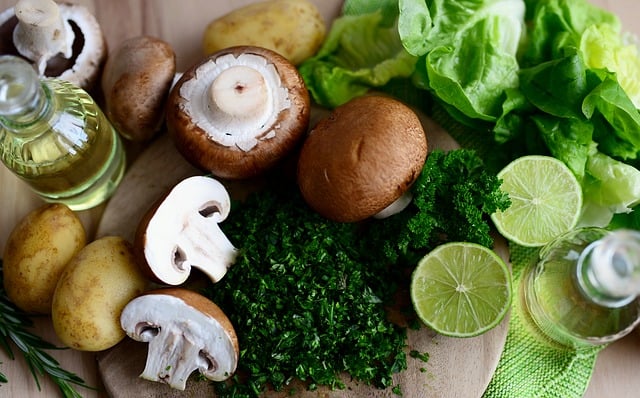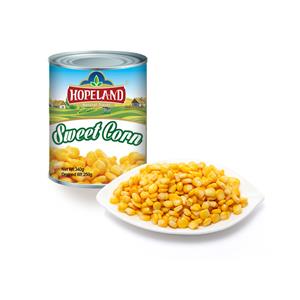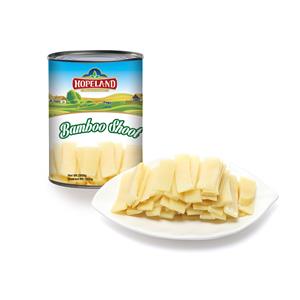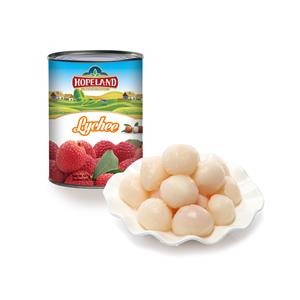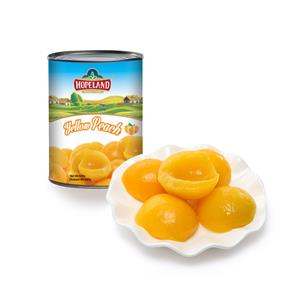Are Canned & Frozen Veggies As Healthy As Fresh Ones?
We all know that vegetables are essential to a balanced diet, but preparing fresh vegetables can sometimes feel like a hassle. From washing and peeling to chopping and cooking, fresh veggies demand time and effort, which isn’t always practical for busy lifestyles. Additionally, fresh vegetables can spoil quickly, adding pressure to use them before they go bad. This is where canned and frozen vegetables come to the rescue. They're convenient, require little to no prep work, and have a long shelf life. But the big question is: Are canned and frozen veggies as healthy as fresh ones? And, is one better than the other?
The Truth About Canned Veggies
Canned vegetables go through a process of washing, chopping, and heating to kill harmful bacteria before being sealed. This process locks in many nutrients and preserves fat-soluble vitamins like A, D, E, and K. According to Emma Willingham, a clinical dietitian at Houston Methodist, certain canned veggies like tomatoes and corn may even offer more antioxidants than their fresh counterparts due to the heat applied during the canning process. This makes canned vegetables a viable source of nutrients and antioxidants, providing a convenient and long-lasting option.
However, there is a downside. The high heat used in canning can diminish some water-soluble vitamins, such as vitamins B and C. While this might seem concerning, it’s important to note that common cooking methods like boiling and steaming have the same effect on fresh vegetables. The key concern with canned vegetables, though, is the salt content. Many canned vegetables are high in sodium, which is added to preserve flavor and texture. To manage this, always check the label for added salt, and consider rinsing the vegetables before cooking to remove excess sodium.
Frozen Veggies: A Nutritional Pause Button
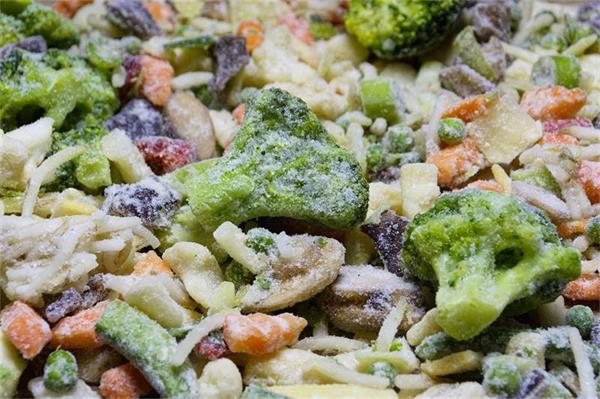
Like canned vegetables, frozen veggies are affordable, convenient, and stable, with one significant advantage: they are flash-frozen at their peak nutritional value. This means they may actually contain more nutrients than fresh vegetables that have been sitting in a store for days. Willingham describes freezing as “nature’s pause button,” which preserves the vitamins, minerals, and overall nutrient profile of the vegetables.
Frozen veggies are a great way to ensure you always have vegetables on hand without worrying about spoilage. They can be quickly cooked from frozen, making them a practical solution for busy households. However, there is one caution: frozen veggies that are included in pre-prepared meals, like TV dinners, often come with added sodium or preservatives. Unlike canned veggies, you can't rinse the excess salt from these meals, so it's important to check labels and be mindful of the sodium content.
Canned vs. Frozen vs. Fresh: Which is Healthiest?
So, what’s the verdict on canned, frozen, and fresh vegetables? The good news is that the nutritional differences between these three options are minimal. Willingham emphasizes that the healthiest option is simply the one that helps you incorporate more vegetables into your diet. Whether fresh, canned, or frozen, each option offers valuable nutrients and health benefits.
Fresh vegetables often taste best, especially when they're in season, but canned and frozen veggies retain most of their nutrients, making them just as healthy in most cases. The main thing to watch out for is the salt content in canned and frozen pre-prepared meals. As long as you're mindful of sodium levels, there’s no need to favor one option over the other.
Important Food Safety Tips for Veggies
Whether you choose fresh, canned, or frozen veggies, following food safety tips is essential to keeping your meals healthy and safe. For canned vegetables, always inspect the can for dents, leaks, or bulging, as these can indicate spoilage. Once opened, transfer any leftovers to a clean, airtight container, and store them in the fridge. Use canned veggies within a few days to maintain freshness.
For frozen vegetables, check expiration dates and avoid refreezing them once thawed. Always cook them thoroughly before eating to ensure any potential bacteria are destroyed.
Conclusion: Prioritizing Veggie Intake
When it comes to vegetables, the most important thing is to make sure you're eating enough of them. Whether you prefer fresh, canned, or frozen veggies, they all provide essential nutrients that contribute to a balanced diet. Fresh vegetables may have a slight edge in flavor, but canned and frozen options are equally nutritious and often more convenient. By choosing what fits best into your routine and being mindful of sodium content, you can enjoy the health benefits of vegetables in any form.

